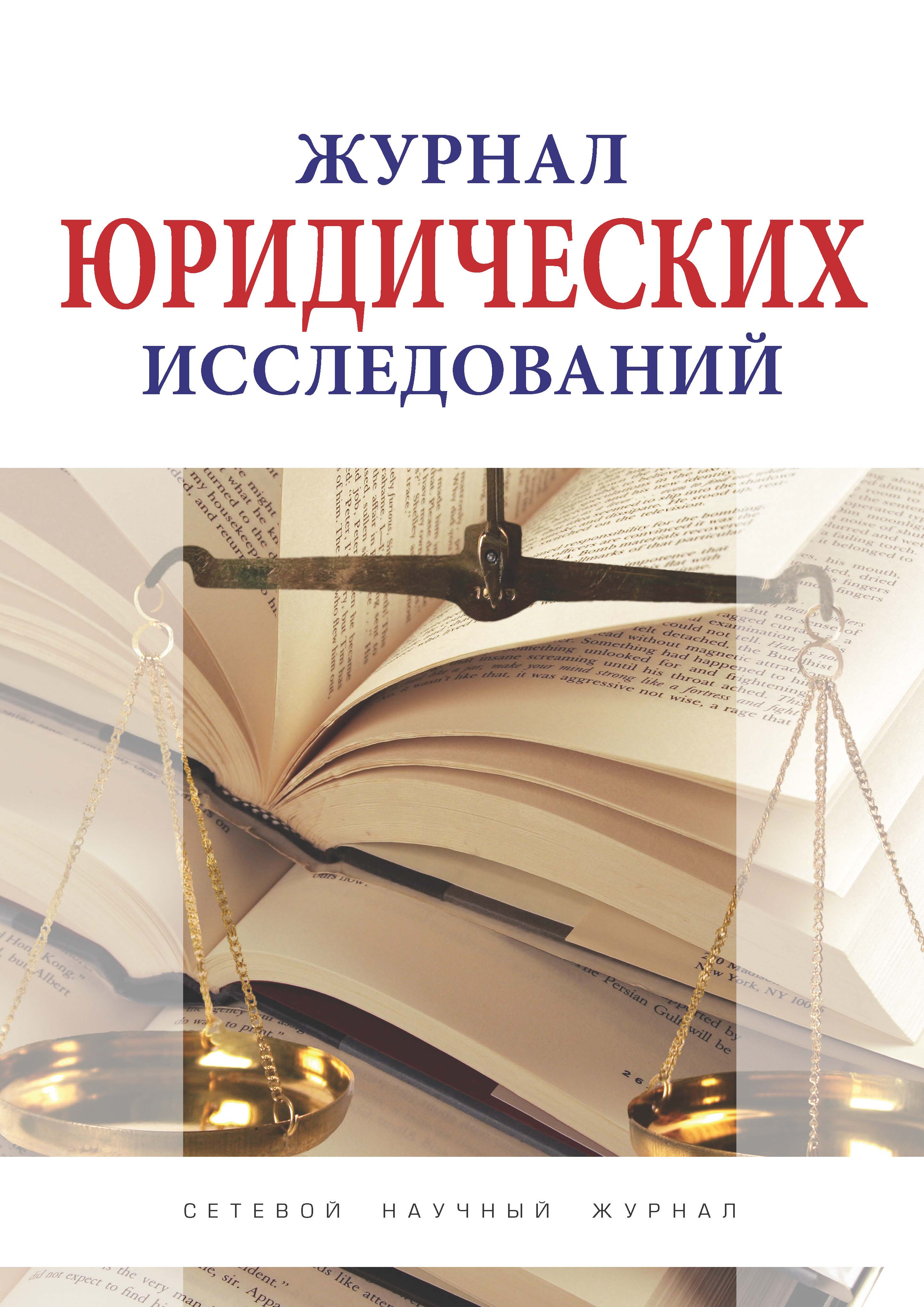Russian Federation
At the beginning of the article it is noted that the concept of a crime is a key concept of criminal law, which is carefully studied in the criminal law doctrine. Nevertheless, punishability, being a sign of a crime, remains less studied than other signs of a crime, which is explained by the focus of attention of legal scholars directly on the institution of punishment. Attention is drawn to the fact that punishability is a sign that completes the definition of the concept of a crime enshrined in the criminal law. The definitions of the concept of punishability as a sign of a crime, developed in the theory of criminal law, are investigated. The relationship between crime and punishment, expressed in the sign of punishability of a crime, is emphasized. The formal and factual aspects of the punishability of a crime are considered separately. A distinction is made between the concepts of "punishability" and "punishment", their differences in legal meaning are noted. The reasons why the threat of punishment for the committed crime is not always implemented in practice are listed. The reality and validity of the threat of punishment as the content of a sign of the punishability of a crime are revealed. The main properties of punishability as a sign of a crime are briefly listed and revealed. In conclusion, it is concluded that it is necessary to preserve in the modern edition the legal wording of the sign of punishability contained in the concept of a crime, enshrined in part 1 of article 14 of the Criminal Code of the Russian Federation.
crime, the concept of a crime, a sign of a crime, punishability, criminal punishment, the concept of punishability, properties of punishability, coercion, punishment, prohibition
1. Marcev, A.I. Dialektika i teoriya ugolovnogo prava ˗ Krasnoyarsk: Izd-vo Krasnoyarskogo un-ta, 1990. ˗ 190 s.
2. Zhalinskiy, A.E. Ugolovnoe pravo v ozhidanii peremen: teoretiko-instrumental'nyy analiz ˗ M., Izd-vo Prospekt, 2009 ˗ 400 s.
3. Ragimov, I.M. Filosofiya prestupleniya i nakazaniya ˗ SPb, Yuridicheskiy centr Press, 2013 ˗ 288 s.
4. Shesler A.V. Ugolovnaya nakazuemost' deyaniya kak priznak prestupleniya // Vestnik Kuzbasskogo instituta. 2022. № 3 (52). S. 122- 133.
5. Neshataev V.N., Maksimov A.S. Nakazuemost' kak obschiy priznak prestupleniya i ee rol' v kvalifikacii // Zakon i pravo. 2022. № 5. S. 205-206.
6. Kommentariy k Ugolovnomu kodeksu Rossiyskoy Federacii / pod red. B.M. Lebedeva. - M.: NORMA, 2002. ˗ 867 s.
7. Piontkovskiy A.A. Uchenie o prestuplenii po sovetskomu ugolovnomu pravu ˗ M., Yurid. lit. 1961 ˗ 666 s.
8. Bibik O.N. Nakazuemost' kak priznak prestupleniya // Vestnik Omskogo universiteta. 2008. № 2 (15). S. 123-126.
9. Slovar' sovremennogo russkogo literaturnogo yazyka. V semnadcati tomah. T. 16 U-F. M-L., 1964. 1610 s.
10. https://tochno.st/materials/za-poslednie-tri-goda-prestupnost-v-rossii-mogla-vyra-sti-na-40-no-popala-v-seruyu-zonu-kriminalnoy-statistiki-obyasnyaem-chto-eto-znachit. Data obrascheniya: 30.12.2022 g.
11. https://mvd.rf/reports/item/32515852/ Data obrascheniya: 30.12.2022 g.
12. http://www.cdep.ru/index.php?id=79&item=7069 Data obrascheniya: 30.12.2022 g.
13. Solov'ev A.N. Ponyatie prestupleniya: teoreticheskie, zakonodatel'nye i pravoprimenitel'nye aspekty. Dis… kand. yurid. nauk. Volgograd, 2000. 235 s.






